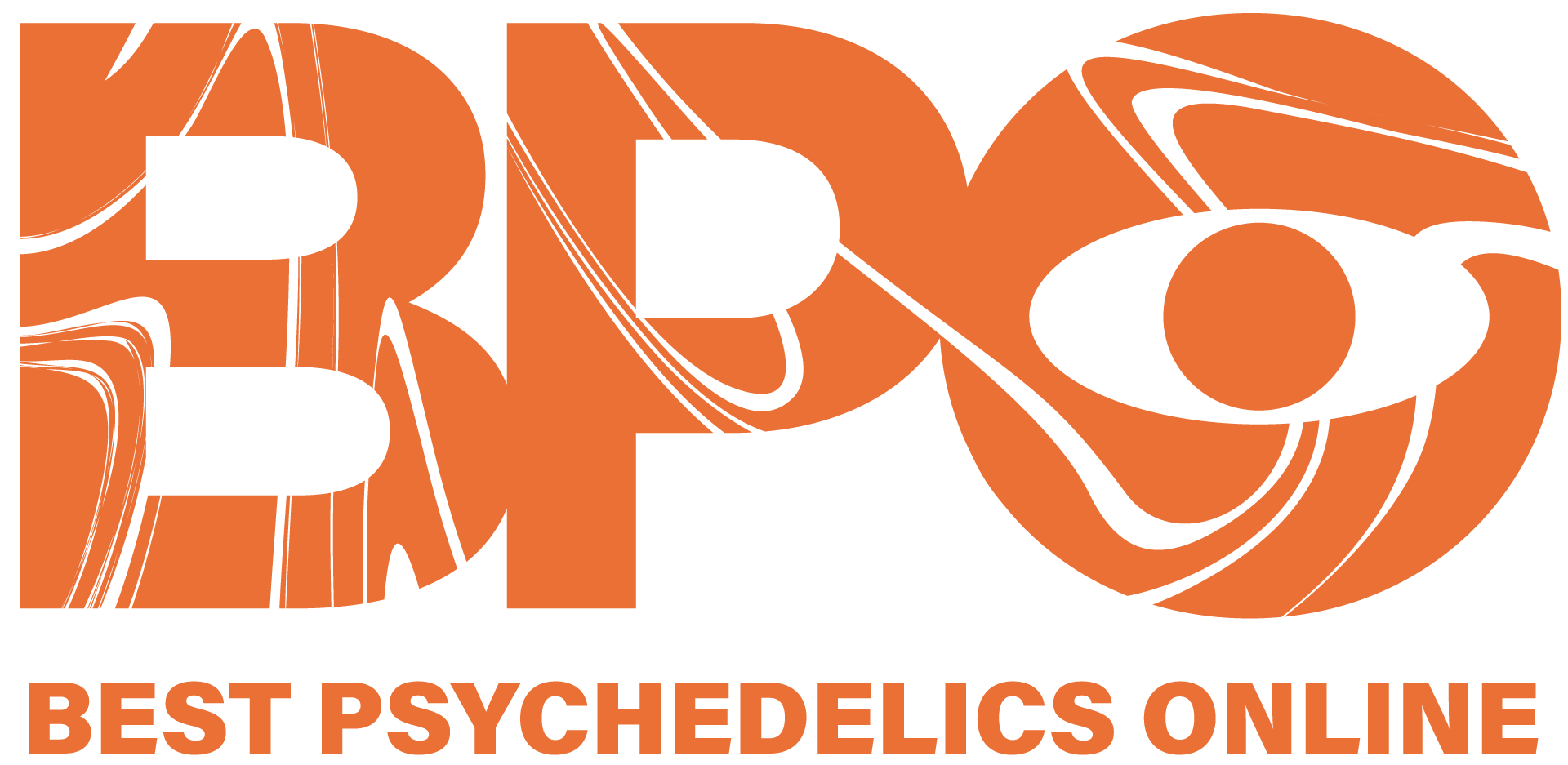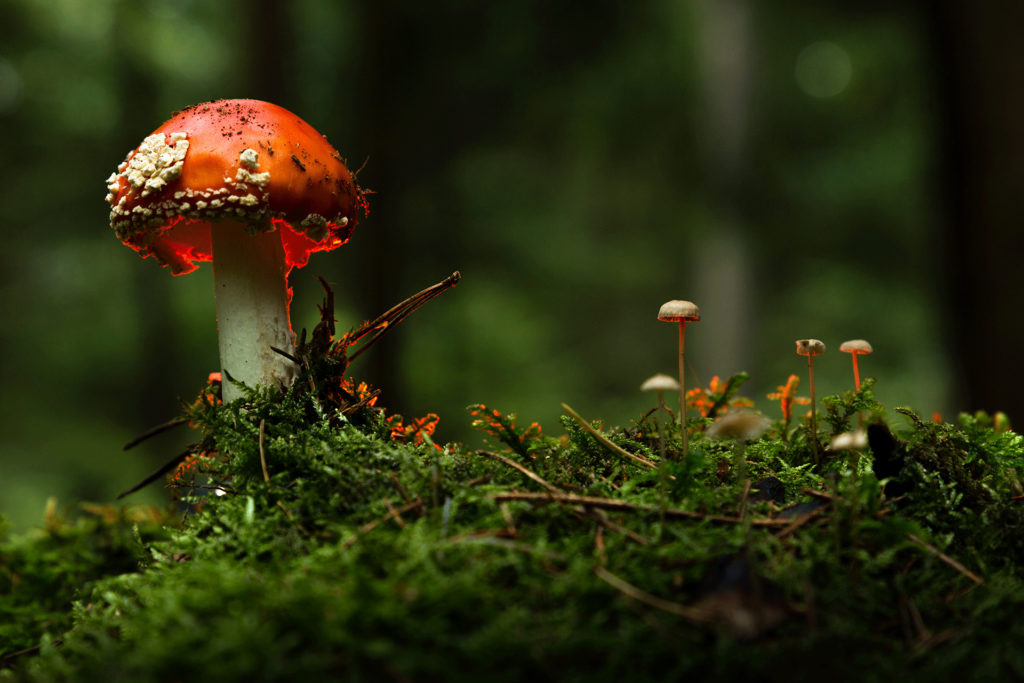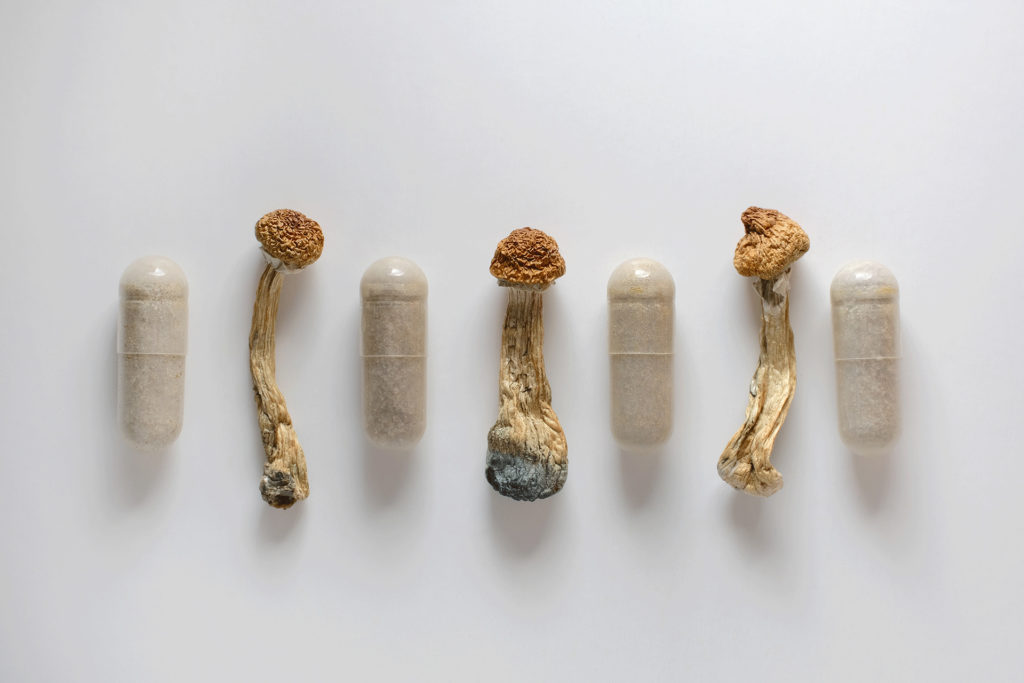Introduction to Legal Psychedelics
The world of mental health treatment is evolving, and one of the most promising new frontiers is the use of legal psychedelics for depression. These mind-altering substances have been the subject of much debate, but recent research has shown their potential to help those struggling with mental health issues, particularly depression. In this article, we’ll explore what you need to know about legal psychedelics, their benefits, and how they can be used safely and effectively.
The Connection Between Psychedelics and Mental Health
Over the past few decades, researchers have started to understand the connection between psychedelics and mental health. These substances work on the brain’s serotonin receptors, which play a crucial role in regulating mood, anxiety, and perception. By altering the way the brain processes information, psychedelics can help break negative thought patterns and promote positive change.
Common Legal Psychedelics
Ketamine
Ketamine is a dissociative anesthetic that has been used for decades in medical settings. In recent years, it has gained attention for its rapid antidepressant effects, particularly for those with treatment-resistant depression. Ketamine is administered intravenously or as a nasal spray under the supervision of a medical professional.
Psilocybin
Psilocybin is the active ingredient in “magic mushrooms.” While still illegal in many places, psilocybin has been decriminalized in some jurisdictions and is being researched for its potential to treat depression, anxiety, and other mental health conditions. Psilocybin-assisted therapy typically involves a guided session with a trained therapist.
MDMA
MDMA, commonly known as “ecstasy” or “molly,” is an empathogen that can create feelings of euphoria, empathy, and emotional openness. While still illegal in most places, MDMA is currently being studied for its potential to treat post-traumatic stress disorder (PTSD).
Amanita Muscaria
Amanita Muscaria, also known as the fly agaric mushroom, is a psychoactive fungus with a long history of use in shamanic practices. Although not as well-studied as other psychedelics, some anecdotal evidence suggests that Amanita Muscaria may have potential benefits for those with depression and anxiety. However, due to its variable potency and potentially toxic compounds, it is essential to approach its use with caution and under the guidance of an experienced practitioner.
Mechanisms of Action
Psychedelics such as ketamine, psilocybin, MDMA, and Amanita Muscaria can produce profound changes in the brain. They often stimulate the release of neurotransmitters like serotonin, dopamine, and glutamate, which can help regulate mood, motivation, and cognition. Moreover, these substances can promote neuroplasticity, the brain’s ability to form new connections and adapt to new experiences. This combination of effects may help people break free from depressive thought patterns and embrace more positive perspectives.
The Benefits of Legal Psychedelics
Research on legal psychedelics has demonstrated several potential benefits for individuals struggling with depression:
- Rapid improvement in mood and overall well-being
- Reduction in anxiety and negative thought patterns
- Increased feelings of connectedness and empathy
- Enhanced self-awareness and personal insight
- Long-lasting effects, even after the substance has worn off
It is essential to note that the benefits of psychedelic therapy are often most pronounced when combined with other treatments, such as psychotherapy or counseling.
Safety and Side Effects
While legal psychedelics can offer significant benefits for those with depression, they also come with potential risks and side effects. Some common side effects include nausea, dizziness, increased heart rate, and changes in perception. In rare cases, individuals may experience more severe reactions, such as psychosis or extreme agitation.
To minimize these risks, it is crucial to follow proper dosing guidelines, work with a qualified professional, and be aware of any contraindications or pre-existing medical conditions that could increase the potential for adverse reactions.
The Process of Psychedelic-Assisted Therapy
Psychedelic-assisted therapy typically involves a combination of psychotherapy and the administration of a psychedelic substance. During the therapy session, the individual may experience vivid visualizations, emotional breakthroughs, or intense introspection. The therapist’s role is to provide guidance, support, and a safe environment for the individual to process these experiences.
The Future of Legal Psychedelics
As research into the therapeutic potential of psychedelics continues to grow, it is likely that we will see more widespread acceptance and integration of these substances into mainstream mental health care. This could lead to the development of new treatments, greater accessibility for patients, and a deeper understanding of the complex relationship between brain chemistry and mental well-being.
Potential Risks and Concerns
Although legal psychedelics have shown promise in treating depression, it is essential to consider the potential risks and concerns. These substances are not suitable for everyone, and individuals with a history of psychosis or certain medical conditions may be at increased risk for adverse reactions. Additionally, while many people experience lasting benefits from psychedelic therapy, others may find the effects to be short-lived or require additional treatment sessions to maintain their improvements.
Legal Status and Accessibility
The legal status of psychedelics varies greatly depending on the substance and location. Some jurisdictions have decriminalized or legalized certain psychedelics for medical or personal use, while others maintain strict prohibitions. It is crucial to be aware of local laws and regulations before considering psychedelic therapy.
DIY or Professional Treatment
While some individuals may be tempted to
explore psychedelics on their own, it is strongly recommended to seek professional guidance and support. Working with an experienced therapist or practitioner can help ensure a safe and effective experience, provide essential emotional support, and assist in integrating the insights gained during the session into everyday life.
Tips for Safe Use
To maximize the benefits and minimize the risks of using legal psychedelics for depression, consider the following tips:
- Research the substance and its effects thoroughly before use.
- Consult with a qualified professional or therapist.
- Start with a low dose to gauge your individual response.
- Create a comfortable, safe, and supportive environment for your experience.
- Have a trusted friend or “sitter” present, if possible, to provide support and assistance if needed.
- Be prepared to process and integrate the insights gained during your experience through follow-up therapy or other self-care practices.
Finding the Right Treatment for You
Legal psychedelics may offer a promising alternative for those struggling with depression, but they are not a one-size-fits-all solution. It is essential to carefully consider your personal needs, circumstances, and mental health history before deciding if psychedelic therapy is the right choice for you. Consult with a mental health professional to explore your options and make an informed decision about your treatment plan.
Legal psychedelics for depression have shown promising results in research studies, offering a potentially transformative approach to mental health treatment. As the field continues to evolve, it is crucial to stay informed about the latest developments and breakthroughs. These substances, when used responsibly and under the guidance of qualified professionals, can provide significant benefits for individuals struggling with depression, anxiety, and other mental health conditions.
However, it is essential to remember that legal psychedelics are not a panacea, and they may not be suitable for everyone. Each person’s mental health journey is unique, and what works for one individual may not be the best solution for another. By carefully considering your personal needs, circumstances, and mental health history, and working closely with mental health professionals, you can make the most informed decision about whether psychedelic therapy is the right choice for you.
As society continues to shift its perspective on psychedelics and their therapeutic potential, it is likely that we will see even more advancements in this area, leading to better understanding, accessibility, and integration of these substances into mainstream mental health care. Ultimately, the future of legal psychedelics for depression is bright, offering hope and healing to those who need it most.
Frequently Asked Questions
1. Are legal psychedelics safe for everyone to use?
No, legal psychedelics are not suitable for everyone. Individuals with a history of psychosis, certain medical conditions, or taking specific medications may be at increased risk for adverse reactions. It is essential to consult with a qualified professional before considering psychedelic therapy.
2. How long do the effects of psychedelic therapy last?
The duration of the effects can vary greatly depending on the individual and the substance used. Some people may experience lasting benefits after just one session, while others may require multiple sessions or ongoing treatment to maintain their improvements.
3. Can I use legal psychedelics to self-treat my depression?
While some individuals may be tempted to self-treat their depression with psychedelics, it is strongly recommended to seek professional guidance and support to ensure a safe and effective experience.
4. Are legal psychedelics addictive?
Most legal psychedelics used for depression treatment, such as psilocybin and ketamine, have a low risk of addiction. However, it is essential to use these substances responsibly and under the guidance of a qualified professional.
5. Will insurance cover the cost of psychedelic therapy?
Insurance coverage for psychedelic therapy varies depending on the substance, treatment setting, and individual insurance policy. It is essential to consult with your insurance provider and treatment facility to determine the specific coverage available for this type of therapy.


